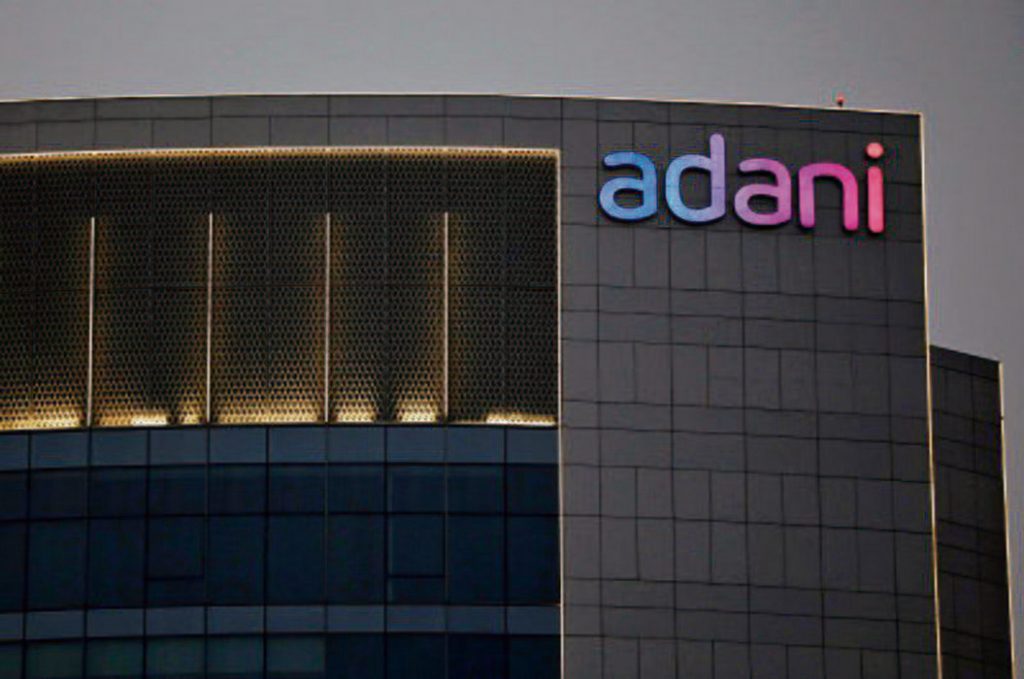One of the significant agreements on the sidelines of the G-20 summit is the India-Middle East-Europe Economic Corridor, which is seen as a rival to China’s Belt and Road initiative and is expected to provide an alternative route for shipments to Europe.
The plan will benefit the Adani group, which has already paid $1.2 billion and gained control of Haifa port in Israel. The West Asian (Middle East) corridor consists of two separate corridors: the east corridor will link the Indian port of Mundra on the west coast to Fujairah port and then transport goods through standardised containers to the Israeli port of Haifa using the railroad via Saudi Arabia and Jordan.
The west corridor will be from Haifa, from where the Indian goods will reach various ports of Europe such as Marseille in France and other ports in Italy and Greece. While some analysts raised the question of the cost-effectiveness of goods shipment through the sea-rail corridor, exporters said it would benefit certain kinds of goods.
The IMEC will include a railway network designed to offer reliable and cost-effective cross-border ship-to-rail transportation, complementing existing maritime and road routes.
The corridor will feature the installation of infrastructure for electricity and digital connectivity, as well as pipelines for clean hydrogen export. This will not only secure regional supply chains but also improve trade accessibility and facilitate trade operations.
The corridor will be used for the transit of goods and services between India, the UAE, Saudi Arabia, Jordan, Israel, and Europe. According to the MoU, the stakeholders of the corridor intend to enable the laying of cable for electricity and digital connectivity, as well as a pipeline for clean hydrogen export along the railway route.
The corridor will secure regional supply chains, increase trade accessibility, improve trade facilitation, and support an increased emphasis on environmental social, and government impacts. The corridor is also a strategic response to China’s Belt and Road Initiative (BRI), which has expanded China’s influence across Asia, Africa, and Europe.
Also, the other significant aspect of this pact is the inclusion of Israel, a nation that has historically faced tensions with many Arab countries. With Israel as a party to the IMEC, it signals a monumental shift in Middle Eastern dynamics. The corridor will connect Israel with its Arab neighbours, promoting economic cooperation and fostering a more interconnected Middle East.
Tags: Adani, Hafia port, India-Middle East-Europe Corridor

Recent Posts
Chapman Freeborn OBC to reduce carbon emissions
OTG develops programme on ammonia fuel safety
Holland America’s cruise ship begins biofuel test
DNV releases April figures for Alternative Fuels Insight (AFI) platform
EPA approves 20% blend of renewable gasoline
India gets major push with first multi-purpose Green Hydrogen project
Carbon Clean starts CCS module construction
All American delivers hydrofoil-assisted tour vessel